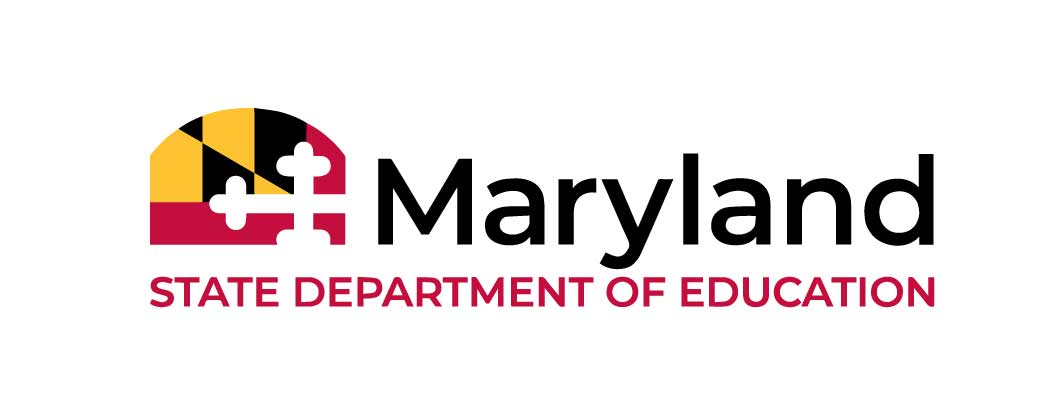Transition Talks: Family Engagement

Family engagement in the transition planning process is an evidenced based practice. No Child Left Behind (2011) defined parental involvement as “the participation of parents in regular, two-way, and meaningful communication involving student academic learning and other school activities” (107th Congress, 2002, section 9101, paragraph 32). Specifically for secondary transition students, Kohler and Field (2003) defined family participation as practices that “focus on a wide array of roles through which families might be involved in planning and delivering individual and community-level transition education and services, such as assessment, decision making, policy development, and as trainers” (p. 178).
Start the conversation EARLY! Family engagement and active participation in transition planning is key. Family members provide a foundation for the IEP team, keeping the team focused on the individual strengths, needs, and preferences of their student. Parents and family members know the postsecondary and career goals of their students and can identify particular friends, family members, or community members who can provide additional support. To ensure a successful transition from school, family members need to be empowered to be partners and work with the members of the IEP team together to promote successful student outcomes.
Spotlight
Renee Averitt-Sanzone, Executive Director
The Parents’ Place of Maryland
The Parents’ Place of Maryland began in 1990 as a grass-roots effort of families, professionals, and community leaders determined to provide resources, support, and information to parents of children with disabilities and special health care needs. Our philosophy of “families helping families” reflects our commitment to supporting families of diverse backgrounds.
Today, The Parents’ Place offers a variety of programs and services that continue to support families of children with disabilities and special health care needs. Serving as Maryland’s Parent Training and Information Center and Family-to-Family Health Information Center, The Parents’ Place supports thousands of Maryland families each year. The Parents’ Place, staffed primarily by parents who have faced these challenges, believes that experienced parents are a key source of knowledge and support to help other families become effective voices for their own children. Please continue to explore the website to learn more about our staff members, programs, services, and resources.
Questions to Consider
- What information can parents and family members provide in the transition planning process?
- How can parents and family members become empowered as active members of the IEP team?
- How can you contact the local parent resource center and what services do they offer?
- How can transition planning be a positive experience for families so that they will increase their involvement in the future?
Resources
- Center for Parent Information and Resources
- Prioritizing Family Involvement in Transition
- RAISE Center
- Family Involvement During Transition of Youth*
* This pdf is not 100% accessible and is not a required resource.



